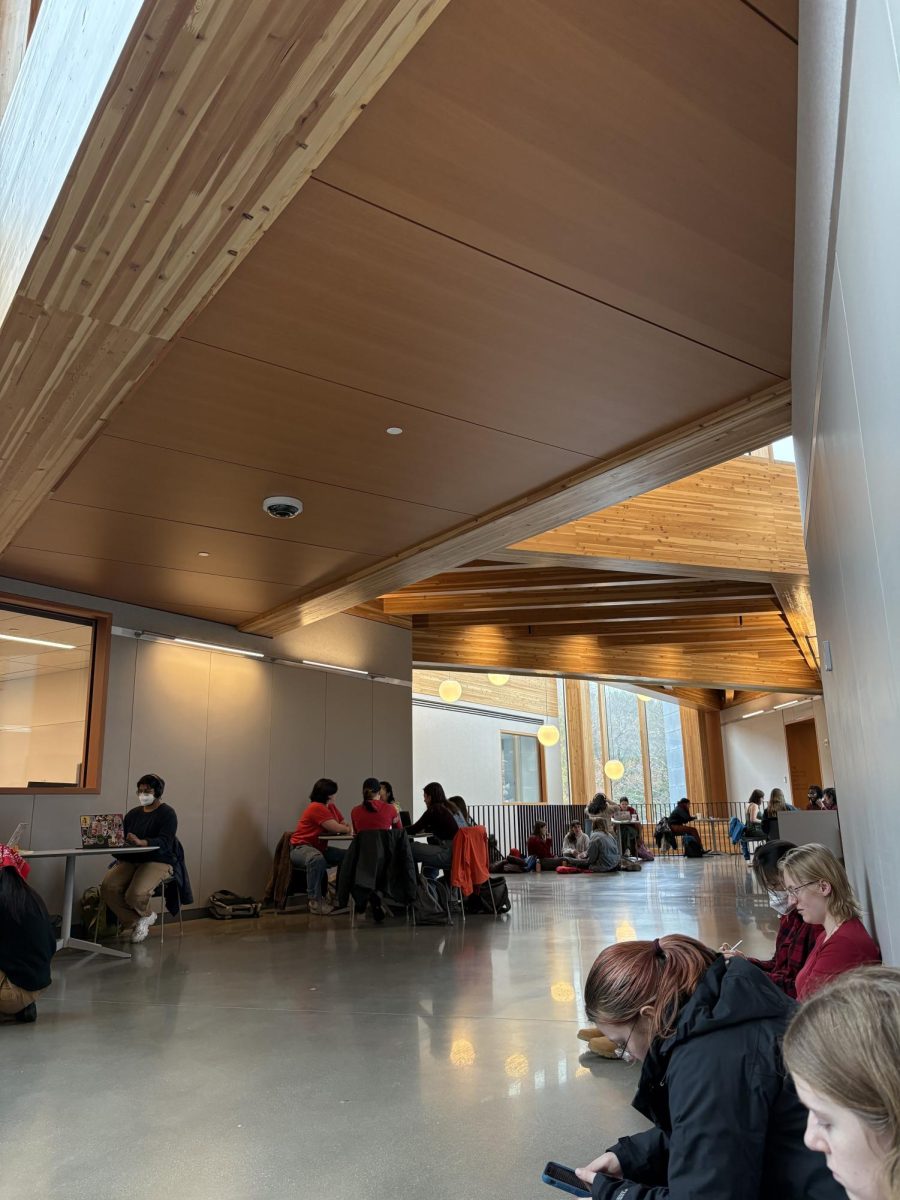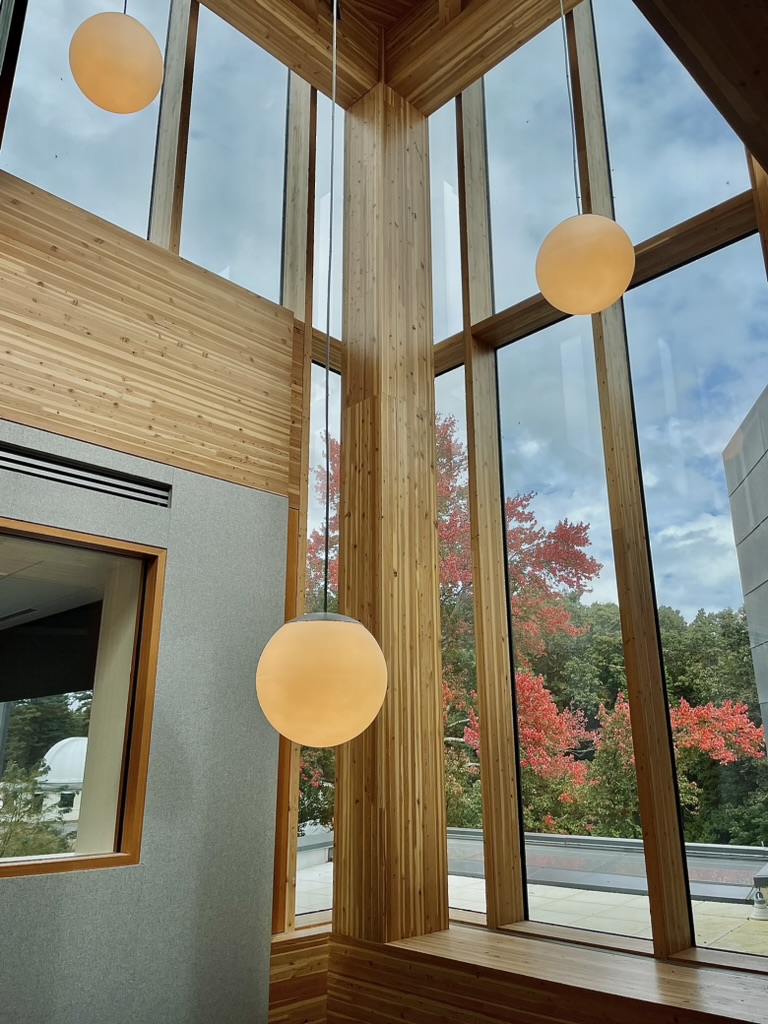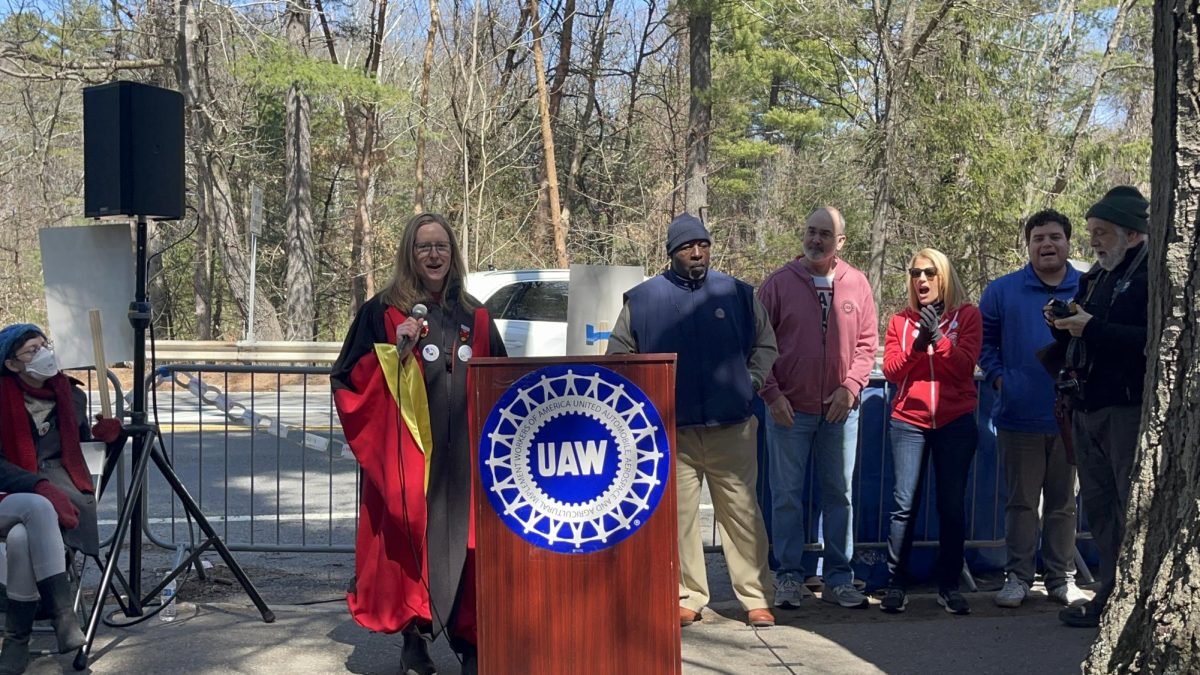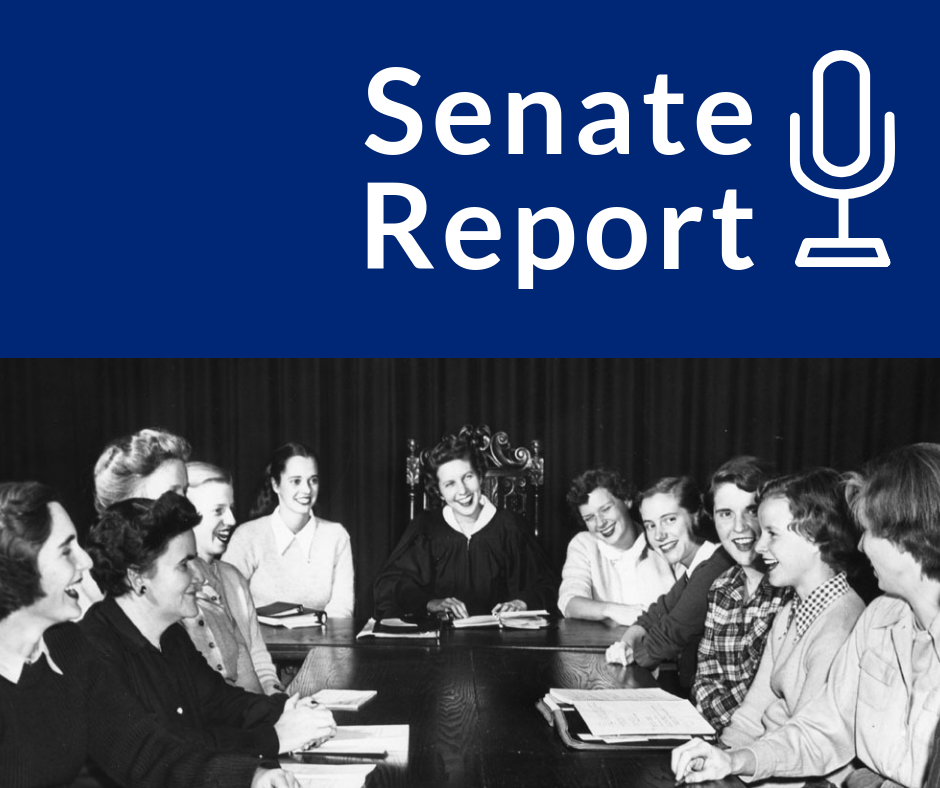College Government President calls for executive session
In the initial minutes of Senate, President Diana Lam ’20 called for an executive session and asked non-voting members to step out during discussion of the recent allegations made about SOFC funds, citing Article 1 Section 8 of the constitution. While Diana had met with numerous administrators, campus orgs and students this past week, and issued a school-wide statement addressing the concerns, she had not yet spoken with senators personally — those who make SOFC possible and to whom she feels the most accountable.
Student Bursar Addresses Funding Allegations
Miranda Miao ’21, the candidate for Student Bursar who made the allegations, raised concerns about SOFC funds. Current Student Bursar Madeline Carter took her questions and explained some discrepancies in their numbers. Carter’s calculations of SOFC funds are based on WorkDay data rather than individual books from campus orgs. Since many orgs close their books roughly two months prior to when the school closes its books, many payments continue to come out of SOFC funds, but this data is not public to students and, therefore, is not included in Miranda’s calculations. Further, she explained that a 150-300 thousand dollar amount is present at any given time, designed to cover things such as orgs that go into debt or other unforeseen costs. This range seems large because it fluctuates constantly due to reversions from the prior year, or any unused funding which is returned to SOFC, and because it is used on an ongoing basis.
Admin Takes Questions About Coronavirus
With the increasing concerns about the public health situation, Dean of Students Sheila Horton came attended Senate to address any questions, alongside Wellesley’s Health Services doctor, who spoke to medical questions. Her overarching message was a reminder that while worries are understandable, Massachusetts remains a low-risk environment. Qualifying for a high-risk status means coming from a Level 2 or 3 country or being within six feet of an infected individual for 10 minutes or longer. Testing kits are limited and cannot be distributed by health services; however, students should be aware that it is also flu season so it is important to take basic health precautions like washing hands. From an administrative standpoint, it was assured that emails will be sent out at least weekly to update the Wellesley community. All college-related travel has been suspended and faculty have been asked to learn how to manage their courses online, should that be necessary. If students cannot return home due to the outbreak, either over break, in the case that classes go online, or when the term ends, the school is anticipating this situation and is working to accommodate students, but they will not be forced to leave. Senators asked many good questions, such as how labs would work online, but as new information is fluid, many decisions have not been made yet. However, though it is not an easy decision, if the school does go online, it will do so with recommendations from the Department of Health.
Davis Scholar Senator Gets HCC Amendment Split
Before the vote next week on the Honor Code Council constitutional amendment, the floor was opened up for questions. Davis Scholar Senator Alex expressed her concern that while the old constitution required one member from each class and Davis Scholars to be on HCC, the proposed amendment removes this guaranteed spot for Davis Scholars, reading instead that council members will represent the diversity of the Wellesley community. HCC explained that they do not get enough applications from Davis Scholars, to which Senator Alex conveyed that it is not the fault of Davis Scholars but rather that HCC should do a better job actively recruiting them. In the end, an impromptu vote was called and passed to split the proposed amendment into two parts, so other changes can be passed without this particular change. The vote will take place at Monday’s Senate meeting.







